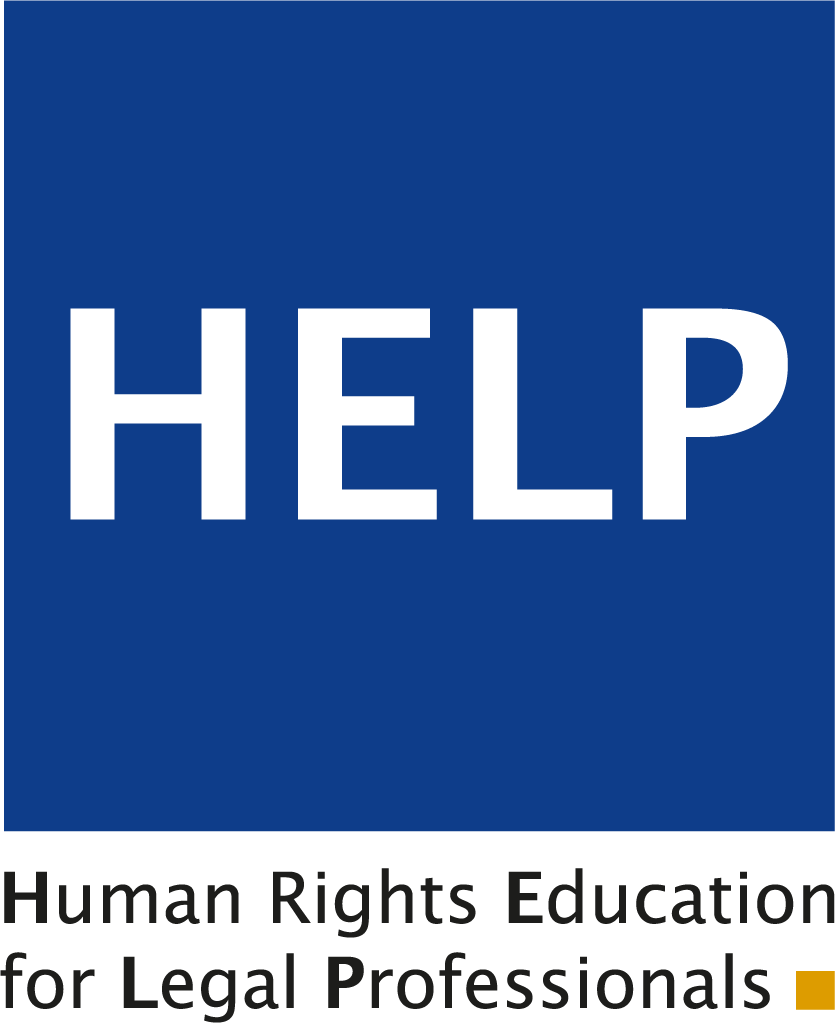85 judges, prosecutors and court staff from 10 EU member states met in Ljubljana on 16 and 17 September 2019 for a seminar on family law and the launch of the HELP course, organised under the EU funded project “HELP in the EU”.
Alongside current challenges in the field of family law, the programme included sessions on European case law (mainly from the European Court of Human Rights (ECtHR) but also from key EU member States) and the relevant European framework, mainly the Council of Europe set of conventions and treaties relevant for the topic, as well as the EU relevant Directives, Regulations and CJEU case-law.
The participants got familiarised with the Human Rights Education for Legal Professionals (HELP) Programme of the Council of Europe and its e-learning platform containing 33 online courses.
The Seminar started with an opening speech by Judge Miodrag Đorđević, Vice-President of the Supreme Court of the Republic of Slovenia and HELP Focal Point for Slovenia, who underlined the need and the value of training of judges and prosecutors on human rights matters.
Nataša Skubic, Head of Continuous Training Department, Judicial Training Centre, Ministry of Justice of the Republic of Slovenia welcomed the participants on behalf of the host Judicial Training Centre.
Ana-Maria Telbis, coordinator of the EU-Council of Europe project "HELP in the EU" presented the HELP Programme and the project and introduced the participants to the HELP online course on Family Law and Human Rights.
Participants were then introduced to the tutors who will accompany them in the implementation of the course for the following 3 months, namely Judge Maša Butenko, Celje Higher Court and former seconded official to the European Court of Human Rights -HELP course tutor for the Slovenian group, Judge Gediminas Sagatys, Supreme Court of Lithuania and HELP course tutor for the Lithuanian group and Judge Ines Soares Branco, Criminal Court of Cascais-Lisbon and former seconded official to the European Court of Human Rights and HELP course tutor for the EU group. They explained to the participants how the course will be implemented and pinpointed some practical challenges in the field of family law, for participants to reflect upon and follow up in their exchanges during the course. The participants also had the possibility to share their expectations from the course and exchange with their colleagues.
The afternoon session started with a comprehensive overview of the European Court of Human Rights case-law on family law aspects given by Tina Korošec, lawyer at the European Court of Human Rights.
Judge Mateja Končina Peternel from the Supreme Court of the Republic of Slovenia presented a comparison of the decisions of the European Court of Human Rights and the Court of Justice of the European Union concerning international child abduction.
Maria Andriani Kostopoulou, the coordinator in charge of the course development presented the work of the Council of Europe and European Union in matters related to family law and protection of children, giving an overview of the main instruments and mechanisms, in particular the GREVIO (Council of Europe Group of Experts on Action against Violence against Women and Domestic Violence), the Lanzarote Committee (Committee of the Parties to the Convention on the Protection of Children against Sexual Exploitation and Sexual Abuse)and the CAHENF (Council of Europe Ad hoc Committee for the Rights of the Child), to which she is the Chair.
On the second day the participants heard presentations from the three course tutors on the national context in selected EU countries, focusing on current challenges and comparative perspectives from Lithuania, Portugal and Slovenia.
Participants were introduced to the Council of Europe HELP e-learning platform and to the catalogue of courses, with a presentation of some the courses relevant for the topic of family law, such as the HELP course on Child Friendly Justice and Children’s Rights, the HELP course on Women’s Access to Justice or the one on Combatting Violence against Women and Domestic Violence.
Following the launch event, all participants were enrolled on the course pages and will go through the online course in the coming 3 months. The participants who successfully complete the course will receive HELP certificates issued by the Council of Europe.
The HELP course on Family Law and Human Rights is also available to any legal professional interested in the topic, in the self-learning part of the HELP e-learning platform, in English, and will soon be made available in Lithuanian, Romanian, Slovenian and Spanish.
The course provides a comprehensive overview of International and European family law related standards, case-law and good practices. It is the first HELP course to provide a single resource on the topic, covering the extensive Council of Europe standards and EU law, as well as soft-law instruments on the matter. The topics are explored in a practical way, by using presentations, interactive screens, knowledge tests and reflective exercises. It is primarily addressed to legal professionals (judges, prosecutors, lawyers), but can be also useful for the court staff, law enforcement, social workers, NHRIs, civil society organisations, media and other professionals working in the field of family law.

Group photo from the cross-border launch of the HELP course on Family Law under the EU-Council of Europe project "HELP in the EU" © Council of Europe





